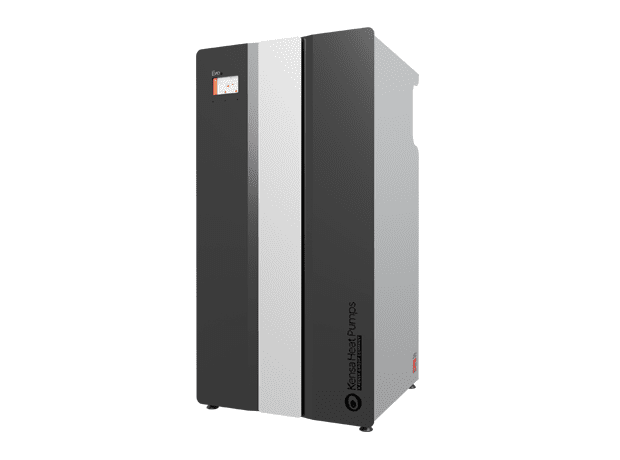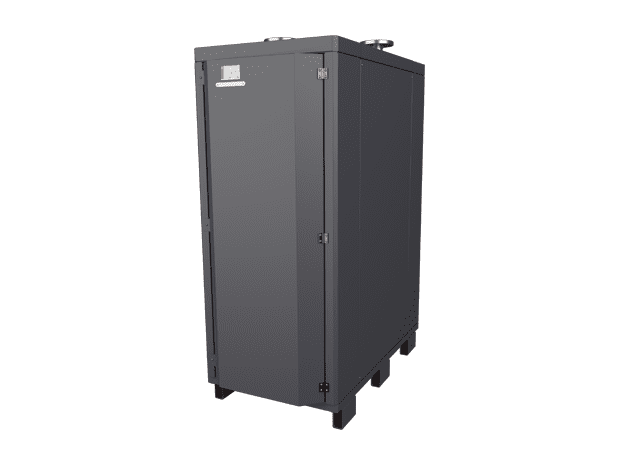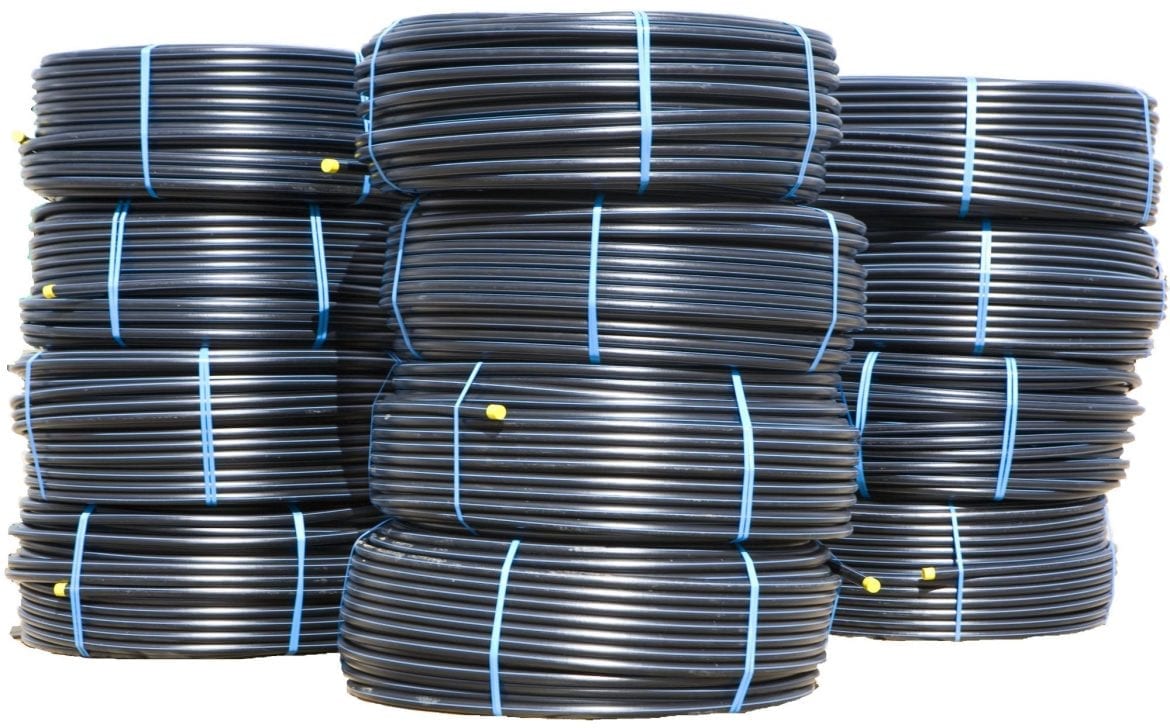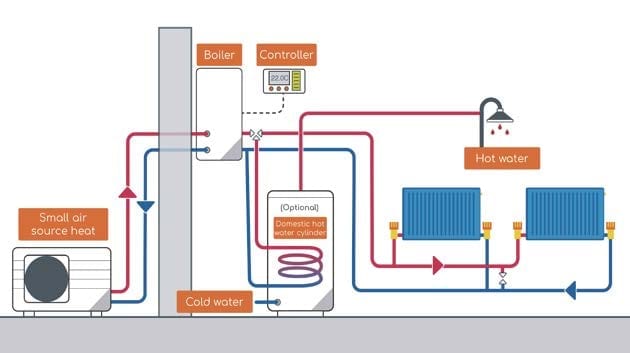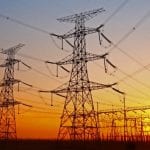

Summary: In this interview, Dr Matthew Trewhella, Managing Director at Kensa Contracting, shares his thoughts on the role of hybrid heat pumps (a gas boiler coupled with an air source heat pump) compared to ground source heat pumps in future heat frameworks.
- Hybrid systems will incur twice the service and maintenance costs and grid connection charges, plus will need replacing every 10 years
- A better way to invest the capital would be to remove properties from the grid focusing on areas with high levels of air pollution
- Hybrid heat pumps are flexible, but it’s possible to obtain just as much flexibility using ground source heat pumps and thermal storage
- Ground source heat pumps with smart meters and flexible tariffs can produce bill savings of 25% and carbon savings of 70% compared to mains gas
- Air source heat pumps are more expensive to run than gas boilers, plus create visual impact and higher noise levels
- Production of heat pumps would need to scale up from 20,000 units to over 300,000 units per year to achieve flexible grid transition
- Adding this many heat pumps to the electrical grid will therefore significantly increase electrical demand
- Combining ground source heat pumps with load shifting, smart controls and time of use tariffs can positively affect the grid at times of overgeneration
- Ground source heat pumps offer the lowest running costs because of their high efficiencies and the least grid impact because they can be run day or night
- As the volume of ground source heat pumps increases, it is likely that the price for these units will reduce
Read the full article at KENSACONTRACTING.COM
Dr Matthew Trewhella, Managing Director of Kensa Contracting, says:
Given that the gas grid is likely to supply only 50% of the energy it currently does by 2035, then it might initially seem logical to fit every property with an air source heat pump (ASHP) as a hybrid system with 50% of the heating and hot water load handled by each appliance. However, I would like to see efforts and Government funding concentrated elsewhere on a more long term solution.
Hybrids are flexible and that is their main benefit. However, it is possible to obtain just as much flexibility using ground source heat pumps and thermal storage resulting in significantly lower overall carbon emissions, bill savings and maintenance costs.



